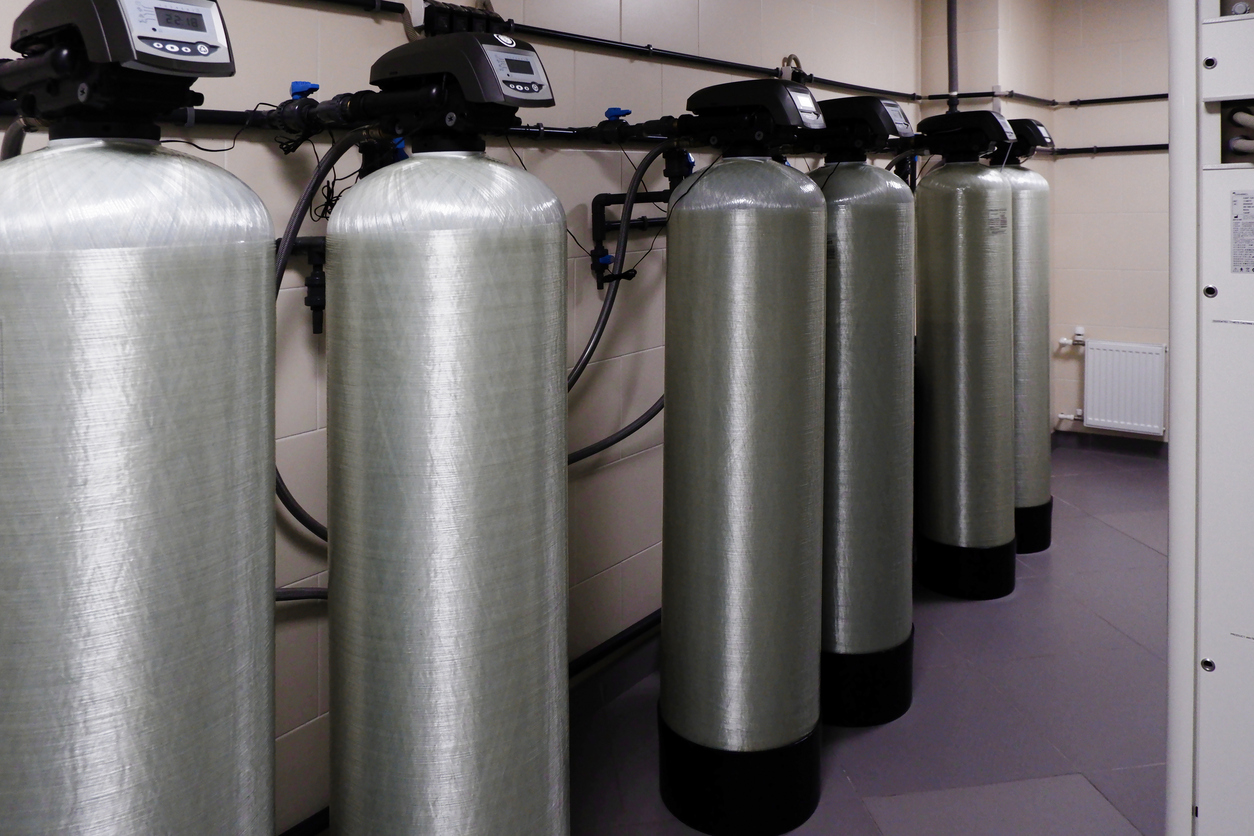Call or Text
801-438-4793Fluoride and Municipal Water: Pros and Cons
February 17, 2015
The question of whether or not municipalities should add fluoride to water supplies is often a topic of contention. To begin with, it will help to better understand the arguments for and against water fluoridation by knowing what fluoride is. Fluorine is a naturally occurring element that, combined with minerals in soil and rocks, forms fluoride compounds. These compounds can be quickly dissolved into the groundwater as it flows around rocks, and most water supply contains natural traces of fluoride. The addition of fluoride chemicals to the water supply is done in many places to help prevent tooth decay.
The Effects of Fluoride
The benefits of fluoride come from contact with the teeth. The chemicals in fluoride are said to reduce instances of cavities and tooth decay over time. This happens as a result of the increased mineralization of tooth enamel and the reduction of bacteria in the mouth. Fluoride, besides benefiting the teeth in this way, can also cause a discoloration of the teeth called dental fluorosis if ingested in excess. This is one of the main reasons opponents of municipal water fluoridation argue for fluoride discontinuation. There have even been studies linking fluoride intake with kidney problems in dialysis patients and many argue that fluoride in the water does not lead to significant reductions in cavity rates compared to non-fluoridated water supplies.
Opposing Arguments
The United States still adds fluorides to around sixty percent of its drinking water supplies. This is in contrast to most of Western Europe which has instituted measures eliminating water fluoridation. Many claim that adding additional fluoride to the water supply is intrusive, unnecessary, and archaic. Opponents also claim that fluoridation harms the environment, carries adverse health effects, and can harm the health of medically vulnerable people in a community.
The most poignant arguments against fluoridation are ones that assert that water fluoridation does not significantly improve dental health and that fluoride is most effective when applied directly to the teeth themselves, not ingested. A common concern expressed in opposition views is that fluoride is considered a medicine and medicines need to be tailored to individuals, not dispersed into the water supply for involuntary mass consumption. Aside from health concerns, other views against fluoride in water center on individual choice and advancements in medicine that make water fluoride treatment irrelevant.
Supporting Arguments
Proponents of water fluoridation say that it has effectively prevented tooth decay and has helped reduce dental health inequality by reaching poor or underdeveloped communities with less access to dental services. On a scientific level, organizations like the American Dental Association and the U.S Centers for Disease Control tout the ability of fluoride to increase bone mineral density and reduce the risk of fractures. They also routinely state that there are no adverse health effects with fluoride below the maximum allowed concentration levels.
The cost effectiveness of treating water with fluoride to help prevent tooth decay is one of the most regularly cited arguments for fluoridation of water. This argument comes down to providing access to treated and chemically enhanced water for communities where people are less likely or unable to routinely visit a dentist for fluoride treatments to prevent tooth decay.
Recent News

How Do Tankless Water Heaters Work?
March 19, 2024

How Much Is a Water Softener?
March 5, 2024

How to Fix Leaky Pipes Under Kitchen Sink
February 22, 2024

How Much Does Emergency Plumbing Cost?
February 8, 2024

How to Unclog a Bathtub Drain
January 16, 2024

How Much Is a Water Softener?
January 9, 2024

